We were created by act of Congress in 1974 to be the nation’s authoritative source of findings and recommendations that impact and improve the built environment for the American people. At the National Institute of Building Sciences (NIBS), we connect research, policy, and practical application to advance innovation in the built environment. Our mission is to create a safer, more resilient, and technologically advanced infrastructure that serves American communities and strengthens our nation’s future.
From shaping industry standards to guiding digital transformation, we empower building professionals, policymakers, and owners to make informed decisions that enhance sustainability, efficiency, and resilience. We convene experts across sectors to develop solutions that ensure construction, infrastructure, and disaster preparedness keep pace with evolving challenges. Through initiatives such as the Digital Technology Council (DTC) and the Facility Management & Operations Council (FMOC), NIBS is at the forefront of advancing best practices. We help develop and refine standards, including NBIMS, NCS, and ANSI/ASHRAE/NIBS SPC 224, to support industry-wide adoption of data-centric approaches and emerging technologies. We are stewards of the Whole Building Design Guide and the SF Tool, and we keep these comprehensive resources, which guide public buildings and infrastructure, freely available to the public.
Building American Innovation isn’t just our tagline—it’s our commitment. We foster collaboration between government, industry, and academia to drive forward-thinking strategies for resilient communities. Because at NIBS, we don’t just build structures, we build solutions.

NIBS is directed by a 21-member Board of Directors. Fifteen members are elected, and six members are appointed by the President of the United States, subject to the approval by the U.S. Senate.

Board Member
Rockefeller Group, Sparta, NJ
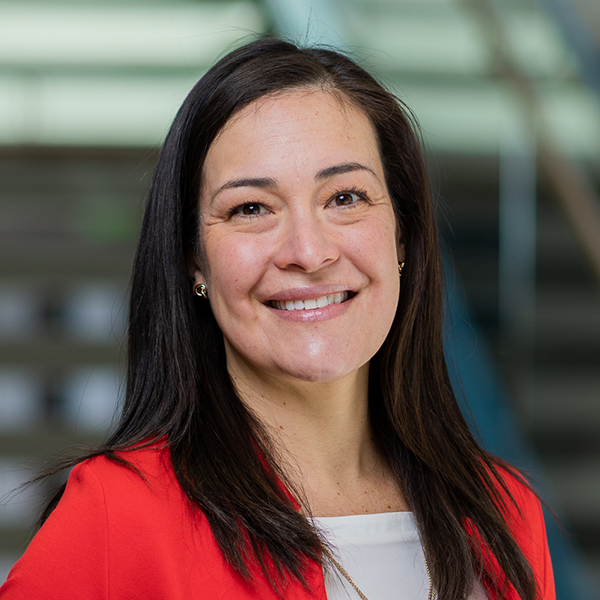
Board Member
Turner Construction, Belle Mead, NJ

Board Member
City of Tampa, Tampa, FL

Board Member
Houston, TX

Board Member
Executive Vice President and Chief Operating Officer, Michael Baker International
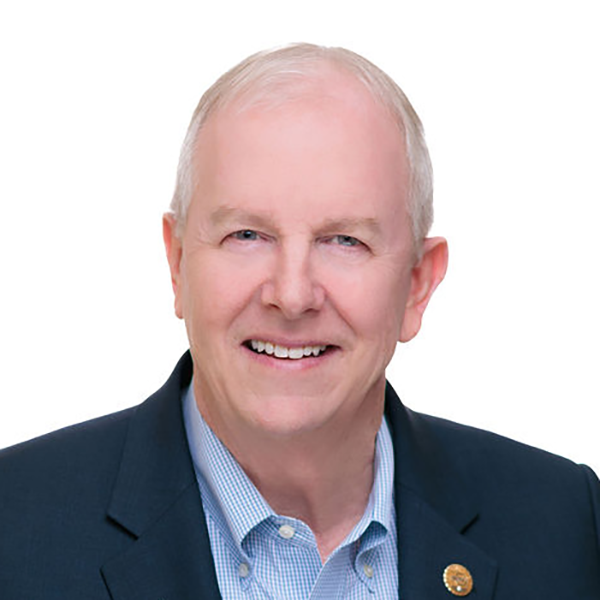
Chair
Mechanical Contractors, Inc., Greensboro, NC

Vice Chair
Shultz Engineering Group, Charlotte, NC
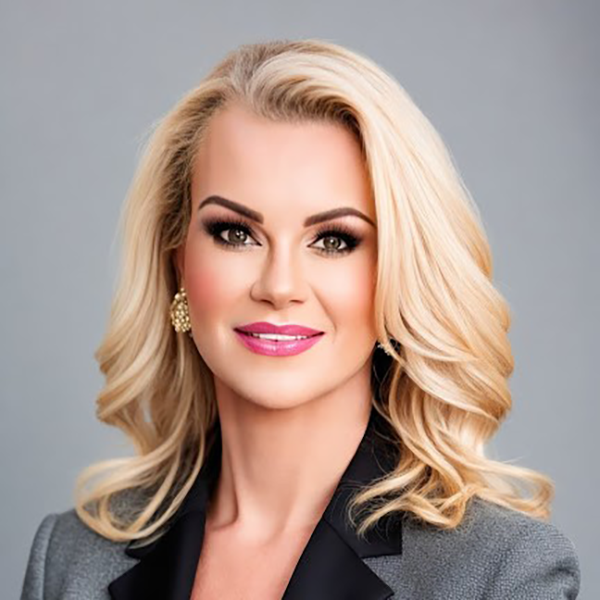
Treasurer
Procore Technologies, Atlanta, GA
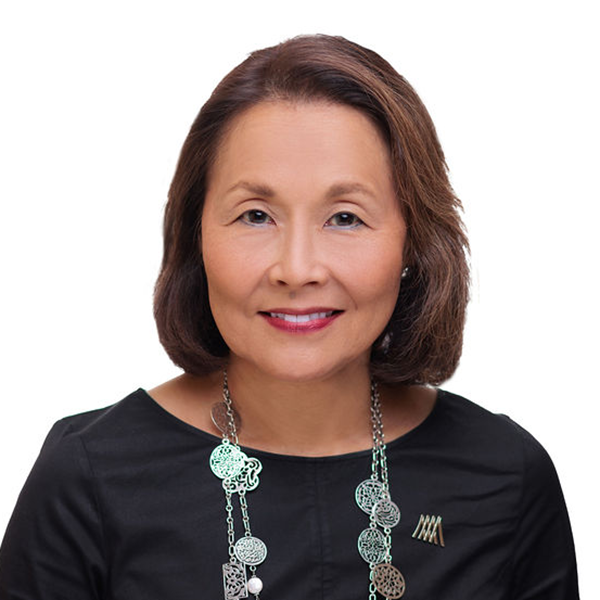
Secretary
EMF Collaborative, Austin, Texas

Board Member
Compass Datacenters, Fairfax, VA
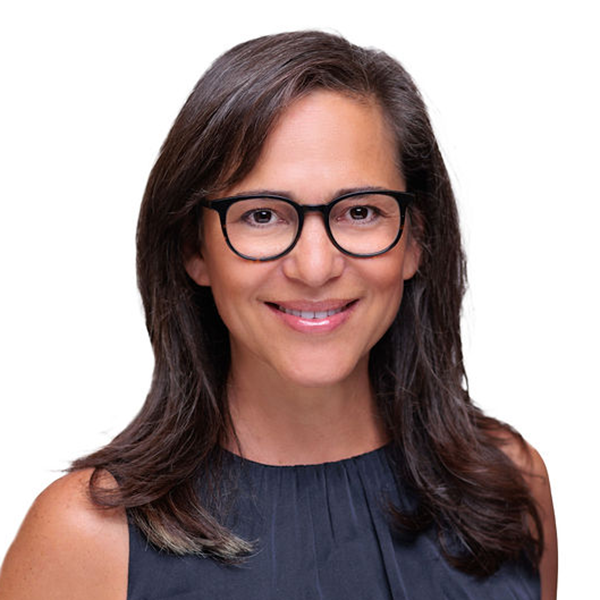
Board Member
Victor, Boulder, CO

Board Member
84 Lumber, Asheville, NC

Board Member
Bernardon, Wilmington, Delaware

Board Member
International Code Council, Denver, CO
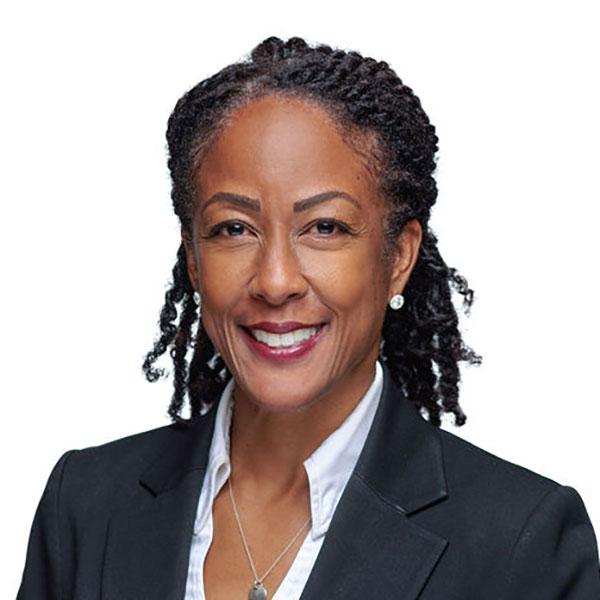
Board Member
College of Engineering and Architecture, Howard University, Washington, DC

Board Member
State of New York's Metropolitan Transportation Authority, Hyde Park, NY
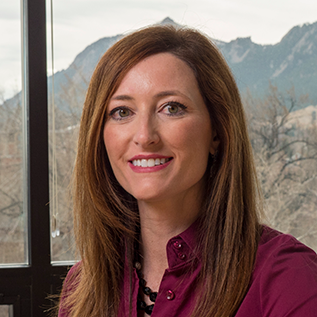
Board Member
Natural Hazards Center and Department of Sociology, University of Colorado Boulder, Boulder, CO

Board Member
ARCADIS, La Canada, CA
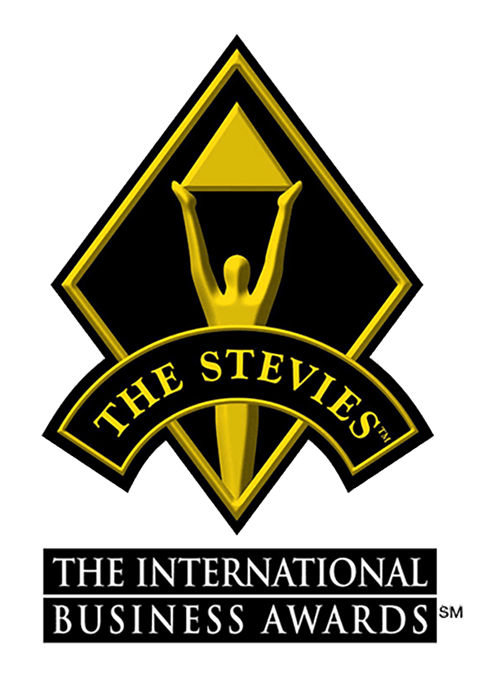
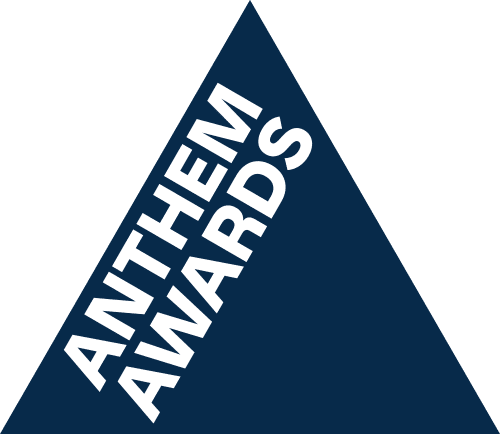

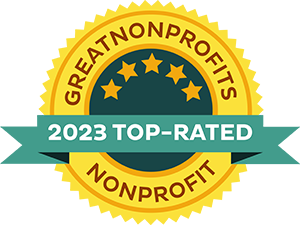

NIBS operates eight volunteer bodies, including seven councils and the WBDG workgroup. Each group retains a special focus and is governed by a voluntary board with nationally recognized leaders in appropriate disciplines. Our councils and workgroup include: